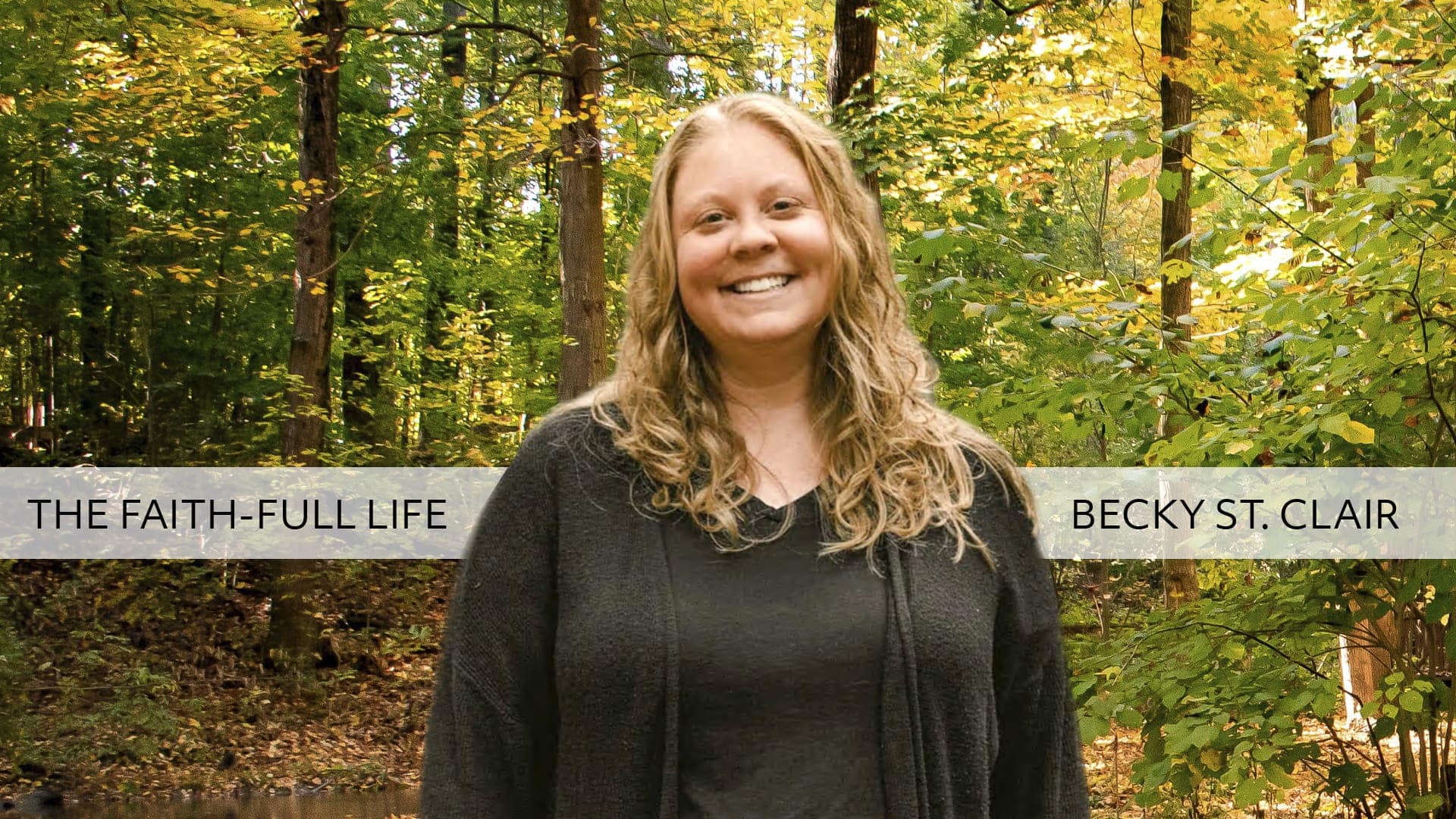
In her book Out of Sorts: Making Peace with an Evolving Faith, Sarah Bessey talks about what she calls “the theology of place.” She says, “No one ever mention[s] the holy work of staying. . . . The modern church [has] always taught us to forsake all for the Gospel and go.”1
Sound familiar?
Initially, I interpreted her point as meaning that travel to far-off places isn’t the only path to mission; that there’s value in preaching the gospel from home too. But while she may have indirectly meant that, in this particular chapter her focus was on community.
“The act of staying and living in our place has an impact on us . . . theologically,” Bessey explains. “The places where we live life matter to our spiritual formation. . . . We are shaped by our community, by our rootedness, our geography, by our families, and by the complex web of connections and history that emerge only by staying.”2
In other words, our walk with God is directly impacted by our community. And if we don’t stay in one place long enough to build that community, we’re missing out on a pretty big part of who God is.
Ecclesiastes 4:9-12 says, “Two are better than one. . . . For if they fall, one will lift up the other. . . . And though one might prevail against another, two will withstand one. A threefold cord is not quickly broken” (NRSV).3
My deepest, most meaningful friendships have been forged from community, whether it be family, classmates, colleagues, or fellow church members. And my loneliest and most discouraging moments have been in the wake of cross-country moves, in the void between the community I had left behind and the one I had yet to discover. In those dark places it could feel like not even God was there. Once I found my people I realized God had been there; I just couldn’t see Him. My community showed me where He was again.
Community means discovering the grace and love
of God through the care and compassion of others.
The catch is that community doesn’t just happen. Simply walking into church Sabbath morning and plopping down in a pew doesn’t bring people together emotionally any more than simply standing on the basketball court doesn’t make you part of the team. Community takes commitment and honesty and compromise. It takes engagement, time, and a conscious effort to notice and address needs at both the group and individual levels. It asks tough questions and gives even tougher answers. It means admitting imperfection and taking off our masks.
But it also means having a place to belong, a place to be real, and providing the same for others. It means strong arms and straight talk. It means letting people in and discovering the grace and love of God through the care and compassion of others—and being able to authentically offer the same in return. It’s becoming the “gospel made flesh” in today’s modern world—allowing Christ to shine through the gift of companionship.
Community requires the holy work of staying. Because while some of us are definitely called to go, some of us are called to stay put and make the going easier for others.
Becky St. Clair is a freelance writer living in California with her husband and three children. She has a decade of experience in public relations for the church, and currently writes and copy edits for various church entities around the world.
1 Sarah Bessey, Out of Sorts: Making Peace with an Evolving Faith (New York: Howard Books, 2015), pp. 118, 119.
2 Ibid., p. 118.
3 Bible texts credited to NRSV are from the New Revised Standard Version of the Bible, copyright © 1989 by the Division of Christian Education of the National Council of the Churches of Christ in the U.S.A. Used by permission.